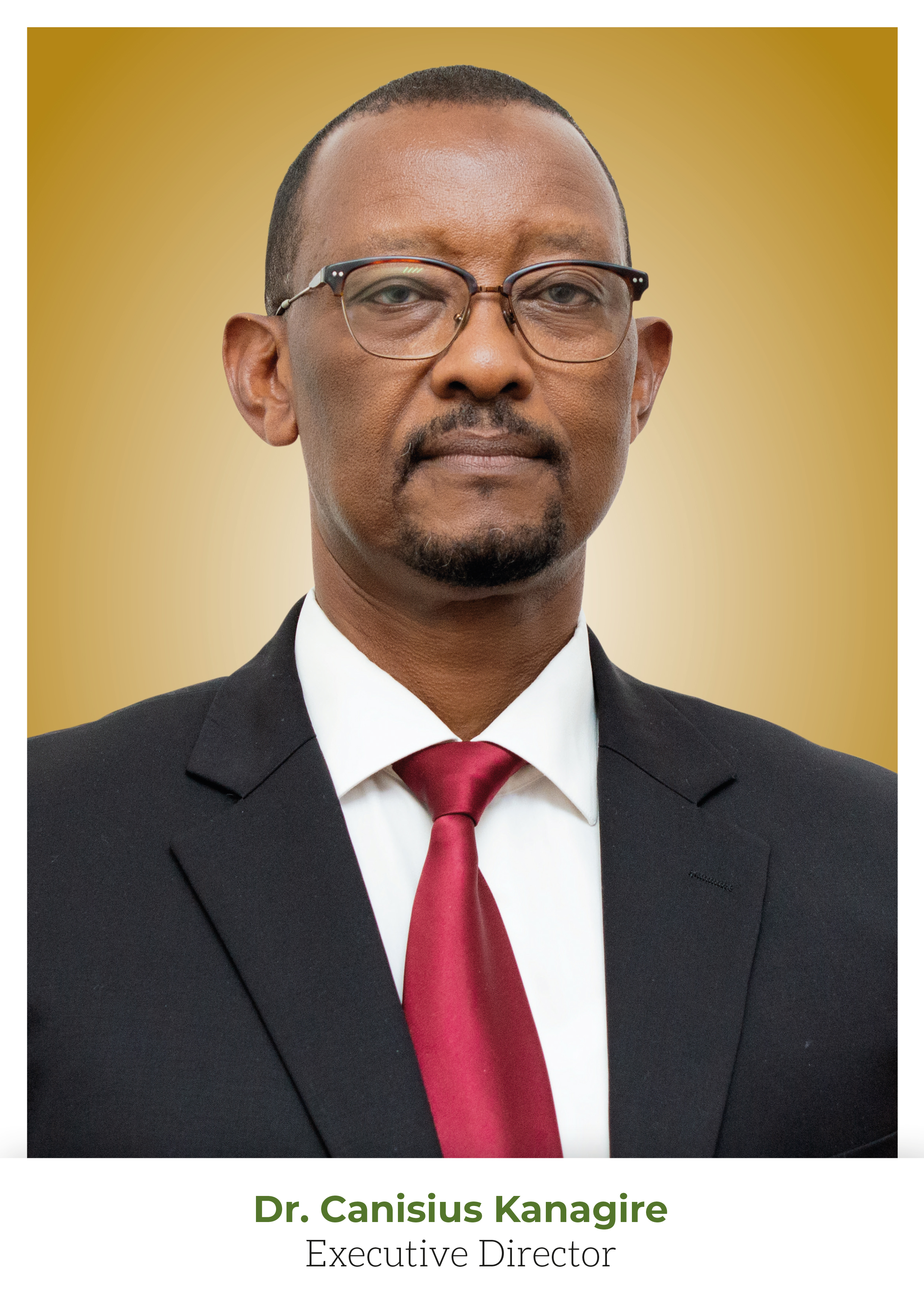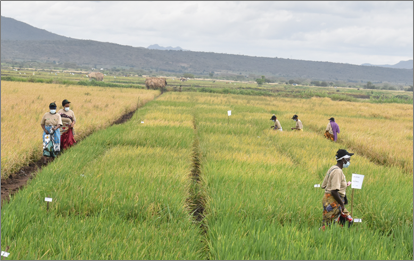
Africa’s food security challenges keep escalating due to rapid population growth and the disproportionate adverse impacts of climate change on its agricultural and food systems. According to the African Development Bank, falling commodity prices for a broad range of natural resources coupled with increased food demand and changing consumption habits driven by demographic factors such as population growth and urbanisation have led to rising net food imports, which are expected to grow to over US$110bn by 2025.
Africa needs to safeguard the right to food for its people in order to move focus from managing hunger, malnutrition and poverty to creating wealth for our people and becoming a player in the world economy. Most African countries are still grappling with farming challenges that affect production including effects of crop pests and diseases and climate change. Agricultural technology interventions, in their simplest and most advanced forms, can play an important role in addressing Africa’s food security prospects by tackling the challenges that hamper production for the improvement of livelihoods for farmers.
But with new innovations, other challenges come along such as getting it into the hands of end-users and encouraging adoption. This is true with the development and deployment of innovative technologies especially modern biotechnology in Africa. Critical to moving this process forward is the support of governments, involvement of other public and private sector players, farmers and farmer associations and consumers. It takes all players in the food value chain – with the role of government being central.
When the first wave of genetically modified (GM) products were commercialised in the late 1990s, the international community negotiated and adopted in 2000 a binding legal instrument, the Cartagena Protocol on Biosafety to govern the transboundary movement of such products. The objective of the Protocol was to ensure an adequate level of protection during international trade in genetically modified living organisms (LMOs or GMOs) by safeguarding biological diversity considering risks to human and animal health.
By the time most African governments were signing the Protocol in 2000, they believed that agricultural GMOs were outrightly unsafe despite there being no credible scientific evidence linking GM products to any new risks to humans or the environment.
These unknown fears at that early stage filtered through to the public fueling myths, innuendos, and misinformation around biotechnology that required additional effort to reverse in order to pave way for the adoption of biotech crops in Africa.
It became apparent that bridges needed to be built – to help biotech developers, the public, media and all concerned to gain clarity on the technology to set a workable environment that would allow professional scientific reasoning to support decision making.
It was for this reason that in 2006 AATF set up a platform, the Open Forum on Agricultural Biotechnology in Africa (OFAB), for objective dialogue on biotechnology and its application. The platform’s key role is to facilitate constructive conversations among key stakeholders and decision-makers on agricultural biotechnology in Africa for informed decision making. OFAB’s quality engagements and conversations focus discussions on the issues of concern especially the safety and benefits of modern biotechnology.
With chapters in seven countries in Africa and with another three planned for 2023, OFAB ensures that the critical wealth of information and knowledge on agricultural biotechnology possessed by scientists is made available to policy makers and the public. As it converges scientists, policy makers, farmers, journalists, the civil society, academia, and the public, the platform provides opportunity for knowledge and experience sharing while exploring ways of bringing the benefits of agricultural biotechnology to smallholder farmers on the continent. Such engagements help with sobering up discussions to pave way for addressing the critical policy, cultural and social issues of concern with regards to agricultural biotechnology in specific countries and on the continent.
As it marks 16 years in operation, OFAB is also celebrating progress made by various African Governments that now appreciate the role that modern agricultural biotechnology can play towards attainment of the food and nutrition security goals of their countries. A number of countries have improved their regulatory systems either through the enactment of new regulatory frameworks or amendment of previously restrictive regulatory frameworks.
Through the years, OFAB has accompanied major agricultural biotechnology breakthroughs in Africa including the commercialization of the Pod Borer Resistant Cowpea in Nigeria and Bt Cotton in Ethiopia and Kenya that are expected to improve farmer gains. OFAB also continues to work closely with governments and stakeholders in various countries in Africa as they consider introduction of biotech and particularly transgenics and gene edited products into their countries.
Safeguarding Africa’s right to food for its people will need expansion of tools that can be used effectively and efficiently to ensure better health and wealth for our people. There is no one tool or system that will work perfectly for all. Access to information and knowledge is key to aiding better understanding and decision making. As a technology transfer organization, AATF commits to continuing its support for countries in seeking to understand biotechnology better.



















































































